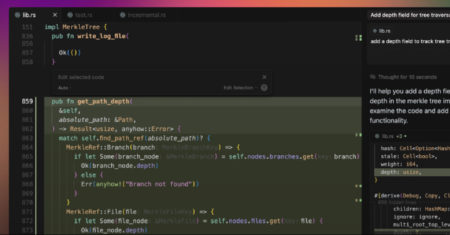CVE ID : CVE-2022-50220
Published : June 18, 2025, 11:15 a.m. | 3 hours, 16 minutes ago
Description : In the Linux kernel, the following vulnerability has been resolved:
usbnet: Fix linkwatch use-after-free on disconnect
usbnet uses the work usbnet_deferred_kevent() to perform tasks which may
sleep. On disconnect, completion of the work was originally awaited in
->ndo_stop(). But in 2003, that was moved to ->disconnect() by historic
commit “[PATCH] USB: usbnet, prevent exotic rtnl deadlock”:
https://git.kernel.org/tglx/history/c/0f138bbfd83c
The change was made because back then, the kernel’s workqueue
implementation did not allow waiting for a single work. One had to wait
for completion of *all* work by calling flush_scheduled_work(), and that
could deadlock when waiting for usbnet_deferred_kevent() with rtnl_mutex
held in ->ndo_stop().
The commit solved one problem but created another: It causes a
use-after-free in USB Ethernet drivers aqc111.c, asix_devices.c,
ax88179_178a.c, ch9200.c and smsc75xx.c:
* If the drivers receive a link change interrupt immediately before
disconnect, they raise EVENT_LINK_RESET in their (non-sleepable)
->status() callback and schedule usbnet_deferred_kevent().
* usbnet_deferred_kevent() invokes the driver’s ->link_reset() callback,
which calls netif_carrier_{on,off}().
* That in turn schedules the work linkwatch_event().
Because usbnet_deferred_kevent() is awaited after unregister_netdev(),
netif_carrier_{on,off}() may operate on an unregistered netdev and
linkwatch_event() may run after free_netdev(), causing a use-after-free.
In 2010, usbnet was changed to only wait for a single instance of
usbnet_deferred_kevent() instead of *all* work by commit 23f333a2bfaf
(“drivers/net: don’t use flush_scheduled_work()”).
Unfortunately the commit neglected to move the wait back to
->ndo_stop(). Rectify that omission at long last.
Severity: 0.0 | NA
Visit the link for more details, such as CVSS details, affected products, timeline, and more…
Source: Read More
